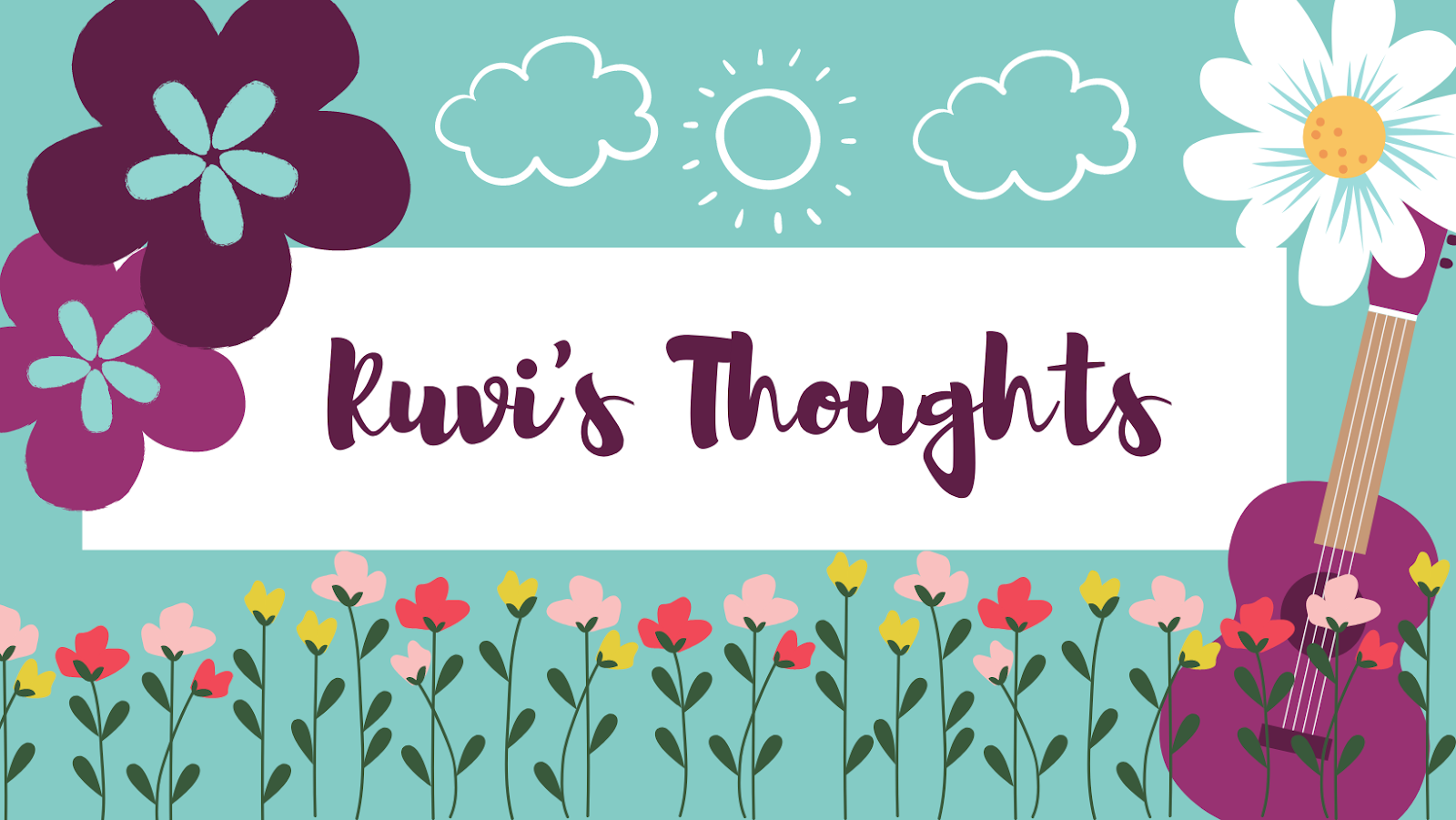IELTS is a standard English examination which you are supposed to take if you want admission in a foreign university or to apply for some occupations in foreign countries. I face to IELTS exam last year and based on my experience today I am going to give some tips and websites/ YouTube channels I found useful.
IELTS exam covers all four language skills; reading, listening, writing and speaking and there are several types of IELTS such as IELTS academic, general, UKVI. Since I did the academic one I will be focusing more about that here. Also there are two formats; paper based and computer based. Computer based test comes in handy because in the writing section you can delete things and retype as much as you want to but in a paper based one it is not possible. Also you get your score quickly in the computer based version.
In reading and listening you are faced with MCQs most of the time , you are assigned a band score according to the number of correct answers.
Reading
This part consists of three or four passages and the difficulty gets increased. You are to face 40 questions. If you get 39- 40 you get a band 9.0, 38-37 a band 8.5, 36-35 a band 8.0 etc. So the trick here is they ask questions in an order. If they ask about something in the first sentence as the first question then you will find the answer to the second question next. If you can't find the answer to the second question, omit that and look for the answer for the 3rd question. The answer to the second question lies between the first and third answers. This goes the same for the listening test as well.
Listening
Here you are tested for all the major English accents. You will be given four tasks and the challenge is the audio is only played once. But no worries. As I mentioned in the previous section every question is there in an order. So the trick is to take a look at the next question too. If you hear an answer for the next question that means you have missed the answer to the current one. Do not panic and keep answering to next questions. The first task usually has a dialogue between two people and you are to use the information to fill out forms or tables etc. The second task is a monologue and again you have to use the information to fill out forms etc. Third task is usually more challenging and again it's a dialogue. Task four is a lecture which is difficult in general, but I found the third task more challenging.
Writing
Writing has two parts; first part is to describe charts/tables/maps/ before and after images and the second part is to write an essay. There are again tricks to use to get the maximum score. Usually they give a small description at the beginning of the diagram and the first paragraph should be a paraphrase of the given description. And then they have put 2 or 3 very significant facts/ changes/ increases or decreases for you to recognise. So you should write and overview about them in the 2nd paragraph. In next two paras you should describe them.
In the writing part 2, there are 5 possible types of essays you can get; Opinion, discussion, problem and solution, advantages/ disadvantages, double questions. I will not describe what each and everyone is because I will give links to the websites and channels that describes and was a great help to me in understanding what they are. But in this case again there is a structure to follow to get the maximum score. First you paraphrase, and then give an overview, describe main points in paragraphs and finally a summary,
Speaking
IELTS speaking is a face to face interview with an examiner and your pronunciation, fluency, grammar and vocabulary will be tested. For me this was the most difficult one, because interviews in any language are harder for me as an introvert. I'm not a talkative person in general so it was hard for me. The test has three parts. In the part one the examiner questions you about topics that are familiar to you like your family, town etc. The second part consists of a speech. We are given a card and few minutes to prepare to talk about what's in the card. (The given time is not enough to be prepared of course). In the third part the examiner will continue on a discussion in a given topic.
Useful websites/ channels
IELTS liz - She has a website and a YouTube channel as well.
British council practice tests
E2 IELTS YouTube channel


Comments
Post a Comment